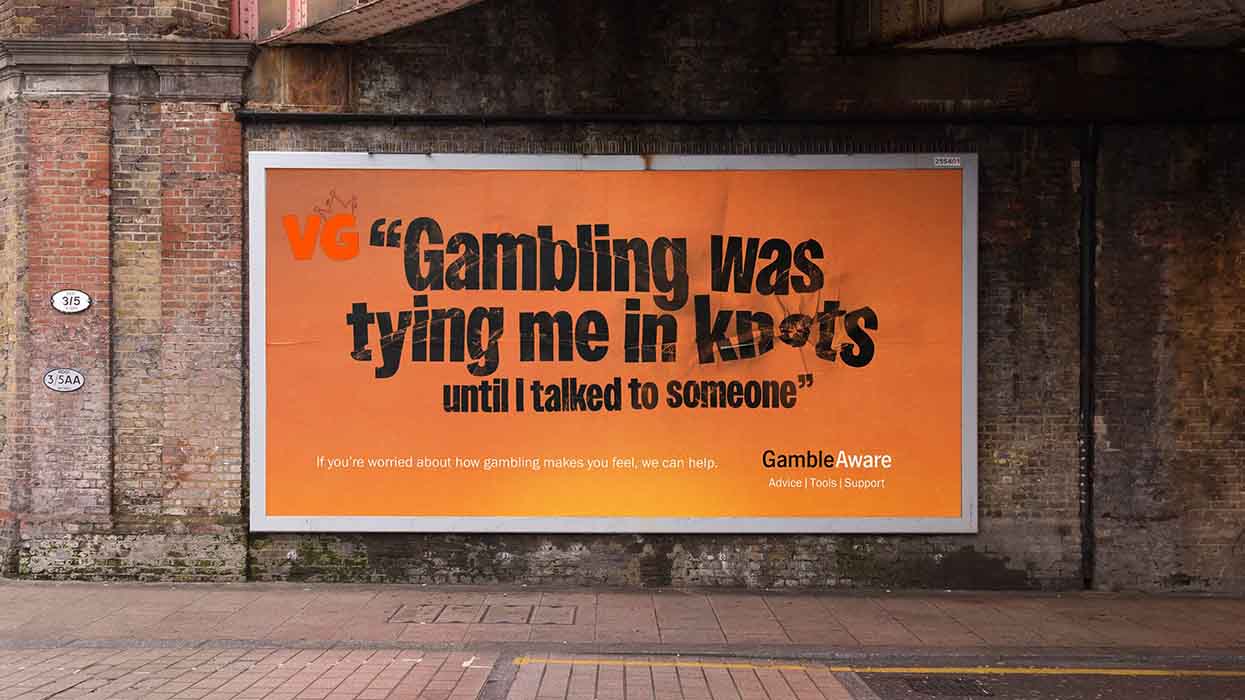
04 Jun 2024
Combat Gambling Addiction: Get Assistance with Gamble Aware
Referred to as compulsive gambling or gambling disorder, gambling addiction is a behavioral addiction defined by a strong urge to gamble regardless of negative consequences or the desire to stop. Similar to substance addiction such as drugs or alcohol, gambling addiction hooks individuals with the exhilaration they get from the activity, which often results in damaging impacts on multiple areas of their everyday life.
Signs of gambling addiction
Preoccupation with Gambling
Individuals facing gambling addiction often find themselves preoccupied with thoughts about betting. Their mind is typically consumed by the excitement of planning the next wager, evaluating new gambling strategies, or reminiscing about past victories and defeats. This preoccupation takes a central role in their life, overshadowing critical aspects and making their gambling behavior compulsive.
Loss of Control
The hallmark of gambling addiction lies in the constant battle to cut back or quit gambling activities, even when aware of the negative repercussions. Numerous efforts to stop or reduce gambling frequently end in frustration, as individuals struggle to rein in their cravings, demonstrating the compulsive trait of the addiction.
Chasing Losses
Those suffering from gambling addiction often engage in a pattern known as chasing losses , wherein they continue to gamble in hopes of recouping their lost money. This behavior only fuels a vicious cycle of increasing bets and compounded losses, deepening the cycle of addicted gambling.
Financial Problems
People afflicted by gambling addiction often face ongoing financial troubles, including growing debt, unpaid bills, borrowing from friends or family, or even selling belongings to fund their gambling activities. Yet, even on the brink of financial disaster, they might continue gambling in hope of a winning streak.
Relationship Strain
The ripple effects of gambling addiction extend well beyond the individual, deeply affecting their relationships with family, friends, and partners. The need to hide the true extent of gambling behavior often leads to a breach of trust and poor communication in these relationships. This secrecy breeds suspicion and creates barriers that make it difficult for individuals to openly discuss their struggles. Additionally, the financial burden from gambling losses heightens stress, pushing partners into difficult positions to handle escalating debts and overdue bills. The emotional roller coaster of living with a gambling addiction heightens tensions, leading to heated arguments and resentment among those closest to them. As the addiction consumes more of the individual’s time and energy, it leaves little opportunity for fostering meaningful connections, causing feelings of isolation and disconnection.
Guidance for Transformation: How Gamble Aware Supports You in Battling Gambling Addiction
The Gamble Aware website (https://www.begambleaware.org/) acts as a crucial source of guidance for anyone grappling with gambling addiction or looking to sustain responsible gambling habits.
Here’s a look at some of its highlights:
- Comprehensive Information
- Self-Assessment Tools
- Support Services
- Practical Advice
- Community Support
- Educational Resources
- Easy Access and Intuitive Design






